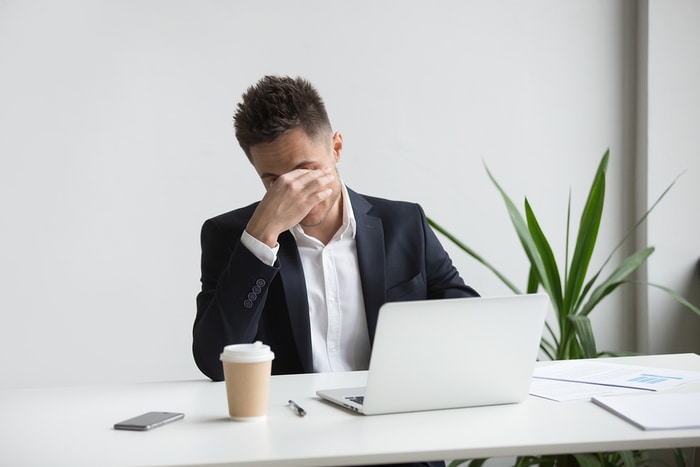M.E/CFS (chronic fatigue syndrome) can have an impact on both physical and mental daily activities. There are ways to cope though, despite symptoms varying for different people. Speaking to a healthcare professional in person or on an online therapy site can be beneficial, as they can offer tailored advice to suit your specific symptoms.

Lifestyle changes
Some dietary changes may help, although it may take time, experimentation, and attention to which foods seem to make symptoms better or worse. To do this, you could keep a food diary alongside a diary of symptoms (whether they increase/decrease on a daily basis, etc.) and look for patterns over time to see if there is anything in your diet that seems to be present on all or many of your worst days.
You could try reducing (or cutting out completely) inflammatory foods such as those with high sugar content, and fried foods. Fish and olive oil can be better alternatives for you. It’s important to ensure that you still get the number of vitamins and nutrients your body requires. So, if you’re cutting down on something which provides some of those, try to find something else to replace it with, which won’t aggravate your M.E/CFS.
Reducing your caffeine intake might also help, as could reducing the size of your meals and eating more frequently. Larger meals may be harder for your body to process, while smaller portions ate more often could be easier on your body. They can distribute energy throughout the day, helping to improve your vitality levels. Eating fruit and vegetables with your meals will provide the vitamins and nutrients you need. They will fill you up and make you less tempted to snack on the things that aren’t good for you.
Traditional and alternative medicine
To alleviate symptoms, you will likely need to take several different medications to tackle multiple symptoms and side-effects. However, in addition to this medication and lifestyle changes, you can try alternative practices.
Acupuncture can be a great way to treat muscle pain and headaches, which is why it can be used to reduce pain in those who suffer from M.E. It can have better results when used alongside traditional medicine.
Yoga and massage are two more things you can try. Although taking up any form of exercise is something you need to discuss with a healthcare professional first. Some gentle yoga might benefit you as long as you stop as soon as you feel any discomfort or pain. It’s important not to push yourself further than your body’s limitations. Yoga has been proven to reduce inflammation and chronic pain. Gentle massage can help, too, by relaxing your body, soothing your mind, and supporting digestion.
Other ways to cope
It’s likely there will always be some days that are worse than others. So, it can be difficult for friends and family to understand if they’ve just seen you on a good day, but you cancel plans when symptoms flare up again the following day. It’s important to put yourself first and not feel pressured. Try to explain that you need to rest or take time to help yourself. You have first-hand knowledge of your own condition and how it affects you, so you know what you need to do (or in some cases, not do) in order to cope.
If you’re lucky enough to have a flexible job and an understanding boss, try to do the majority of your workload when you’re feeling at your best. That can help to relieve the workload when you’re struggling. Just don’t overdo it at either time or you could risk making yourself worse. If you don’t or can’t work, ensure you take advantage of any financial support available. It’s there for a reason.
M.E/CFS can be debilitating, so it’s important not to place too much pressure on yourself over the things you can’t do. Instead, try to concentrate on what you can do however small it might feel in comparison to other people’s daily achievements. It’s not a contest, but others don’t face the same physical and mental barriers as you.
In addition, make time to do the things you enjoy. Even though these won’t directly help your symptoms, they can make you happier and, as a result, make the condition easier to deal with. So, if you feel like listening to your favorite album alone or locking yourself away for the afternoon to finish a good book, do it! Self-care is so important.
